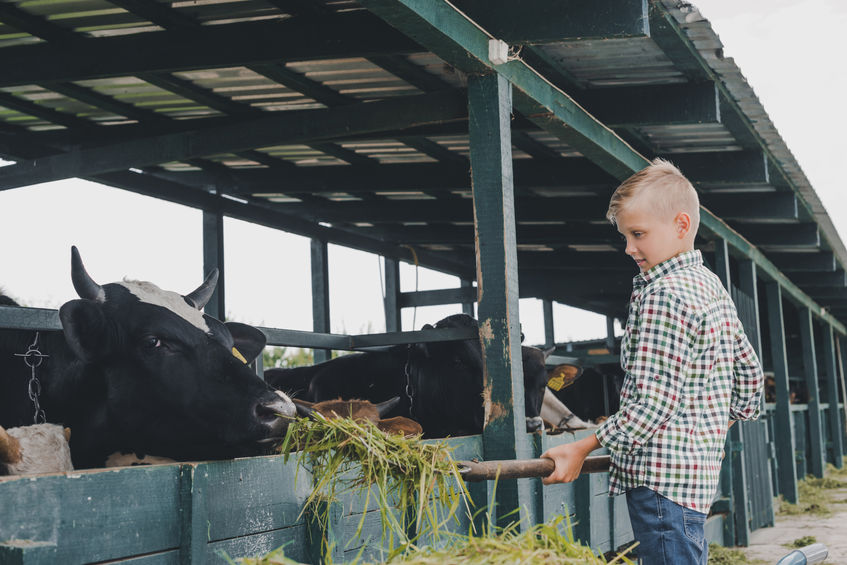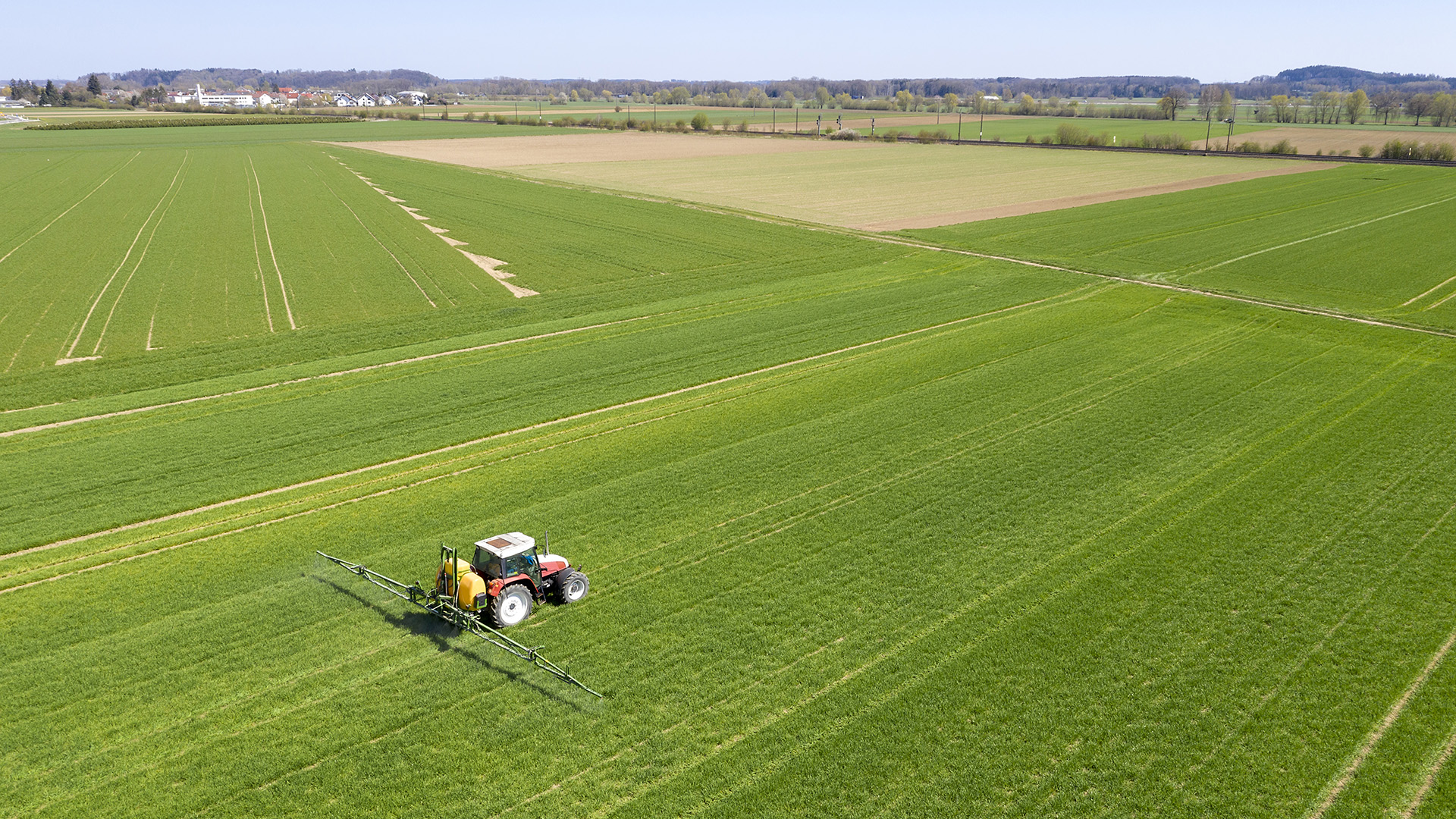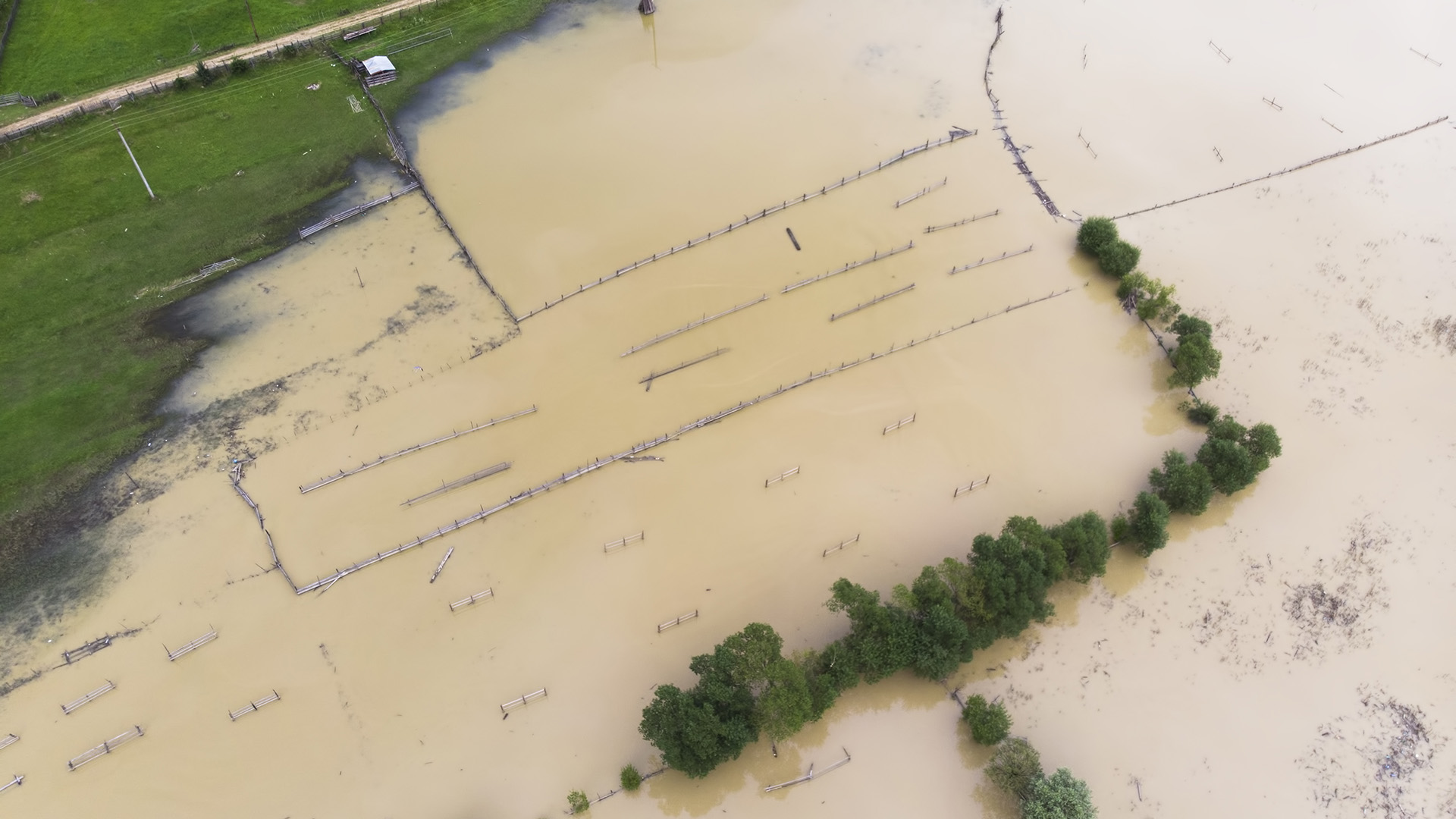If you aren’t already familiar with 4H and FFA, they are programs designed to give children and teenagers hands-on experience with livestock, agriculture, and general country and life skills. For people who value heritage, hard work, and enrichment, these programs offer their children valuable life experience that they might not get anywhere else. Raising farm animals requires many things, including commitment and a variety of important skills.
In addition to people that don’t live on farms or ranches, farm families encourage their children to take part in 4H and FFA. They can engage with these life lessons in a secure, social environment that is familiar and comfortable. If you’re considering enrolling your child on one of these programs, here is some information on how raising farm animals for 4H and FFA can teach young people important lessons.
Learning Animal Care & Handling
Whether a child is growing up on a farm or living in the suburbs, knowing how to handle large and small farm animals is a valuable skill. Sheep, horses, and cattle can be bigger than adults, and definitely larger than children. Raising rabbits and poultry is different than caring for a household pet.
The discipline and knowledge that they learn in 4H and FFA allows them to interact with farm animals in a safe way, preparing them for any future interactions. In a way, this hands-on experience is insurance for their futures. If they ever come across a cow, sheep, horse, or chicken in the future, they’ll know how to avoid injury.
Along with encouraging better safety, they also learn the importance of caring for farm animals. From vaccinations to feeding, they’re present for many parts of the animals’ lives. If they decide to pursue futures with animals, this experience can spark inspiration and give them the knowledge they need to succeed.
Encouraging Confidence & Responsibility
Children need opportunities to prove their skills — not just to their parents and peers, but to themselves. Given a chance to interact with another living thing, children learn to care for that creature and help it grow up. This gives them the confidence to handle other responsibilities that come their way.
The daily chores to properly care for farm animals encourage discipline and having responsibility for another life gives them training for any future pets or livestock they might care for. In the long run, it might even prepare them for having children or managing a business.
When they do work for 4H or FFA, they are given responsibility and guided in the right direction. They make the decisions and do the work. This can encourage them to take responsibility for themselves and their animals and do their best to succeed.
Saying Goodbye
Once show season is done and their animal is ready to leave, it’s time to say goodbye. Many children care for these farm animals, only to see them go to the market for profit. From there, they manage the money they earn off these animals.
While this is the nature of the livestock business, the act of saying goodbye is an important lesson for many children. Doing hard work and establishing bonds with an animal, only to see if leave can be hard. However, moving on and becoming inspired for the next project is part of the learning experience.
Regardless of what a young person decides to do in adulthood, this lesson is an important one.
Going Further
Programs like 4H and FFA are designed for a specific purpose: to encourage children and ensure their futures. If your child enjoys 4H and FFA, or has an interest in entering the agriculture field, you can help them learn about other aspects of the trade, including insurance and how it helps them.
If you’re interested in talking to your teen about agriculture insurance and how it might benefit their future farms, contact us.
Wathen Insurance is dedicated to helping the people that feed and support the nation, and offer a number of programs to ensure that they have full coverage. It’s never too early to begin preparing your future farmer, so why not start by teaching them about other aspects of managing all the demands of a successful operation?






Recent Comments